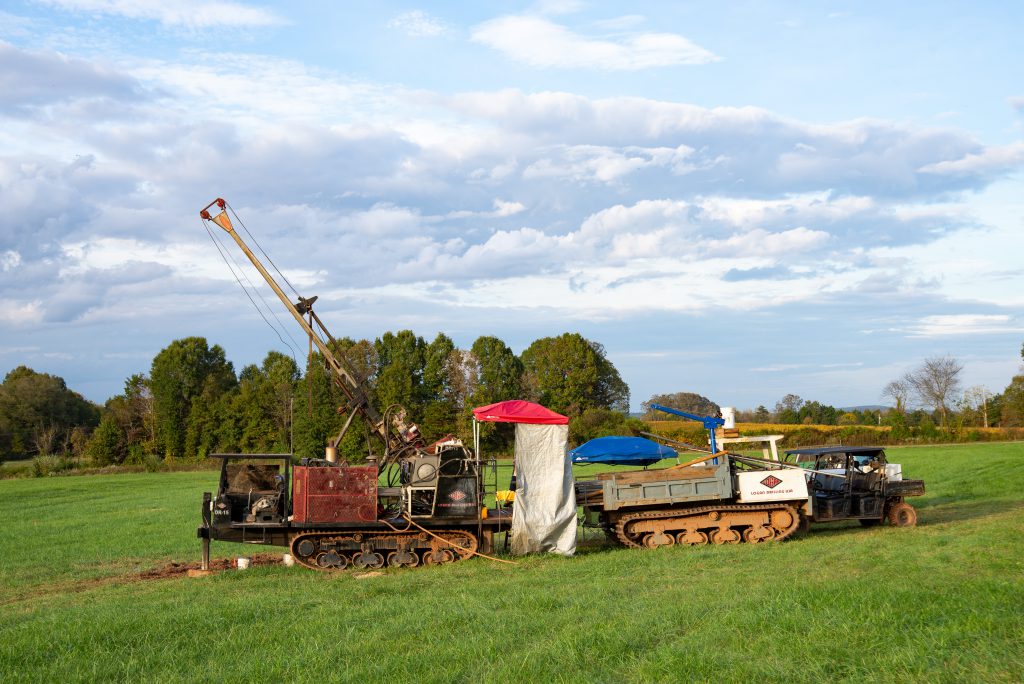North Carolina county zoning changes to affect Piedmont Lithium project

A North Carolina county on Tuesday added several mining-related standards to its zoning regulations, taking steps that directly affect a proposed Piedmont Lithium Inc mine that could eventually supply the ultralight battery mineral to Tesla Inc.
The Gaston County Board of Commissioners unanimously approved standards for lighting, noise-reduction, blasting and other mining-related activities. The new rules came after commissioners in August set a 60-day mining moratorium.
“We believe the safety and environmental standards currently outlined in our proposed Carolina Lithium Project will meet or exceed the standards set in the newly passed regulations,” Piedmont Chief Executive Officer Keith Phillips, said in a statement.
The county did not previously have mining regulations, a fact that concerned elected officials who feared Piedmont would be able to operate without any local oversight should it ultimately receive state regulatory approval.
The project underscores the broader tension in the United States as resistance to living near a mine clashes with the potential of EVs to mitigate climate change
The project, which has divided the county of roughly 220,000, underscores the broader tension in the United States as resistance to living near a mine clashes with the potential of EVs to mitigate climate change.
Despite spending years buying acreage, hiring investment bankers and inking a supply deal with Tesla, Piedmont did not approach local officials until July and did not apply for a state mining permit until last month.
Piedmont has already spent $58 million on the project, which would produce about 30,000 tonnes of lithium annually, enough to make about 3 million EVs.
Commissioners have now threatened to deny a necessary zoning variance when Piedmont eventually applies for it. The Tesla deal was indefinitely postponed last month.
The zoning changes approved on Tuesday will require mining companies to build a 12-foot (3.7-meter) high barrier to mitigate noise. Any lights a mining project uses will not be allowed to shine on a neighbor’s property. Miners will also have to erect a 7-foot-tall (2.13-meter )chain-link fence topped with barbed wire.
The new laws would also only allow rock blasting during the daylight hours. Violations of the blasting rules would give the county cause to revoke a mine’s operating permit.
“We changed what we thought we needed to change in order to enforce safety around a mine,” Chad Brown, a commissioner, told Reuters.
(By Ernest Scheyder and Bhargav Acharya; Editing by Sonya Hepinstall, Richard Pullin and Sandra Maler)
More News
{{ commodity.name }}
{{ post.title }}
{{ post.date }}




Comments